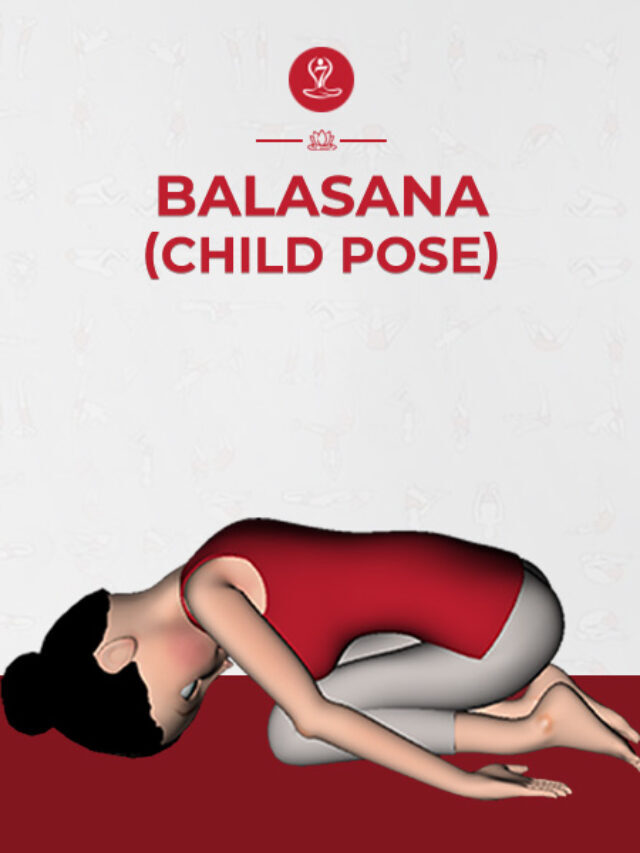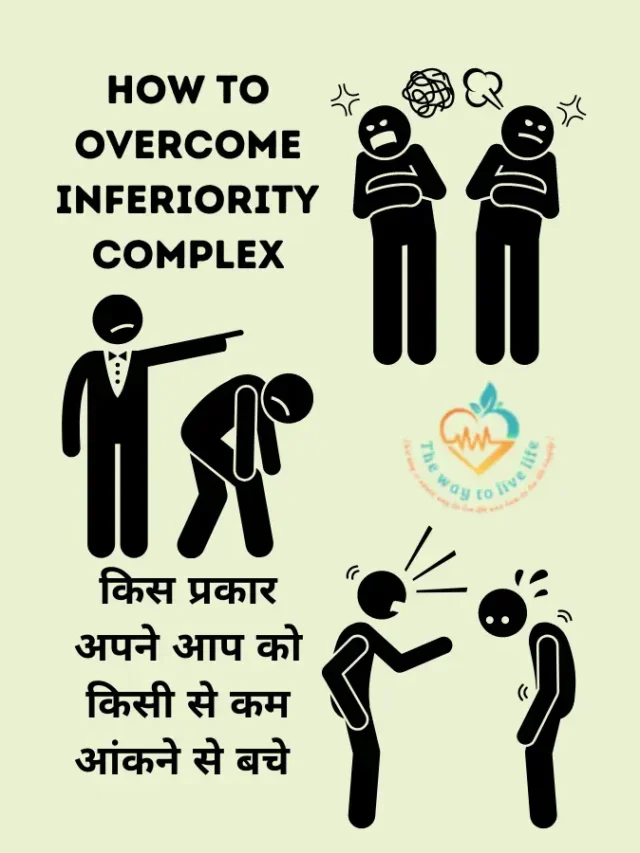Introduction
The idea of victory has not universally been associated with wars and battles. It seems paradoxical to predict victory of peace The notion that war is manly and significant has been very widely held in the history of mankind. And later on when the doctrine of evolution was broached in its fuller implication was supposed although Darwin never mentioned it, that ruthless struggle for existence was a phenomenon which Nature itself was we presenting. Thus to a notion already current as to man’s belligerent instincts there was added the notion that Nature too afforded further evidence of the same fact. Thus the reinforced idea of war has been taken as a natural as well as a human need. This has undoubtedly resulted in the association of victory with that of war. And hence when the poet sang of the Peace having her victories not less than war, it appeared as the result of that poetic licence with which poets were usually saddled. All right, said the public, let this fanciful interpretation of victory coming out of peace be allowed; but only in the poet’s world, not in ours, the world of reality. Such, one fears, is yet the kind of reaction which this talk about peace having her victories usually brings in the mind of the world.
The battle of life
But here, as elsewhere, the poet was right, for he looked more deeply into the life of things than it is given to the average man of the world look. The poet realized the victory of mind over matter although the world never minded him to go for it. This did not matter that life is a battle in which the strongest survive, has been a widely accepted notion indeed, although innumerable examples have been found where this notion is proved to be wrong. For even in our own war minded century, a Noble Prize for Peace has not only been announced but actually awarded. The doctrine of non violence which is India’s contribution to the world once again upheld today and practiced by one of the greatest of our great men: And more and more it is being recognized to day that peace hath her victories no less than war. The greatest men of the world have preached the same as Lord Buddha. Emperor Ashoka, Jesus Christ. And the number of pacifists today is increasing, not only among the elders but, what is more promising among the younger generations. The epoch, making resolution of the Oxford Union when the youths unanimously and unequivocally affirmed their pacifism is well-known. It is a happy sign in this. unhappy world of ours for a new orientation is being given to the idea of the battle of life. The idea of struggle, of battle, of war is accepted today, but the instincts behind these ideas are being sublimated as the psychologists say. That is to say, those instincts that made for war are being canalized towards peace and co-operation.
The battle of life is a fact, but battle against what? That is a question in the answer to which the measures of human culture could be developed. The sublimation of the belligerent instinct of human nature meant that war should be declared not between man and man’ not between nation and nation, but against the forces of Nature, against the unpromising environment in which we are living. It has been, in a world, a war re-oriented and rationalized. The price of this war is not human life and cannot be used as fodder, although sacrifice is needed and given gloriously in this new war against Nature. The price is victory and peace, not against any group of humanity but over the apparently unyielding elements of Dame Nature. In this victory of the mind over matter we have the orientation of human nature which makes peace no less thrilling, no less adventurous, no less romantic than the most thrilling and romantic aspects of war. And this is to be said for peace and its victories that these are more lasting and permanent than any victory achieved by war. The saddest of victories was reaped in the Peace of Versailles after the last Great European War, for it was a victory which proved, and is yet proving, more disastrous than defeat itself.
Some noble victories
This new orientation given to war in our own day is not merely a fanciful dream, nor a poetic fiction, but it finds is root in the working of Nature itself, if that is to say, the doctrine evolution is interpreted rightly. This has been magnificently done by one who was himself a revolutionary, and hence we need no doubt as to its value. In an epoch making book entitled ‘Mutual Aid’ the great man, Prince Peter Kropotkin, who began his life as an anarchist, develops a thesis which is as compelling as it is noble, for he turns the Darwinian scales of mutual destruction and weighs down the co-operative arguments by proving that not competition but mutual aid is the law of evolution in the animal no less than in the human world. “One single war”, he points out, “may be productive of more evil, immediate and subsequent than hundreds of years of the unchecked action of the mutual aid.
Principles may be productive of good.. and that the periods when institutions based on the mutual aid tendency took their greatest development were also the periods of the greatest progress in art, industry and science “It is this principle, be it remembered, which also stirred President Wilson and Company to found the League of nations as the only possible solution of human affairs on a permanent and satisfactory basis, and in our own century, the winners of Peace Prizes or the Noble Awards are indices to a similar orientation that has come upon our idea of war. The works of reconstruction, readjustment and creation which men like Nansen and others have done also point to the same fact that peace hath her victories no less than war.
And now our youths need not despair of a peaceful world where in, they might fear, there is absolute in action, complete cessation of adventure and romance which, of course, are the very salt of life. For in the world based on co-operation there is adventure enough for the adventurous. Mountains call for conquest, forests cry for exploration, the sea and the air alike are willing to yield their secret to those that dare. And the adventure of peace, let us note, is a normal, daily aspect of our life. It is not a sudden bursting up of belligerent vindictiveness gloating over the bloodstained battle fronts of the world suddenly giving way to terrible relations standing to obsess men with suicidal nations. For such is the reality of war if we do not color it with sentimental nonsense and if we call a spade. But the call of the wild, the lure of the unknown is an eternal note in life and is call for courage and sacrifice besides which the most daring exploits of war pale into insignificance, Captain Scott perishing in the snows of the Antarctic with his last entry in his diary, “For God’s sake look after our people” and the many martyrs to Mount Everest in our own country are only a few examples of the conquest of mind over matter. Let these footprints be followed by those who dare.
Conclusion
In a world the challenge that the unknown throws in the face of man is worthy of being taken up by the best of our race. The victories of peace are more permanent and enduring than those paper victories of war not worth the price of the paper on which they are recorded. Life is a battle indeed for those who dare. In ceaseless action against the laws of gravitation, in eternal com bats against the inertia of Nature, and in the consequent victory of man’s will to peace and upward march lies the orientation of war and the divinity of mankind. It is true for all times that peace hath her victories denied to war. In the liberation of the huge mind from destructive tendencies of competition lies the path of salvation for our race.









